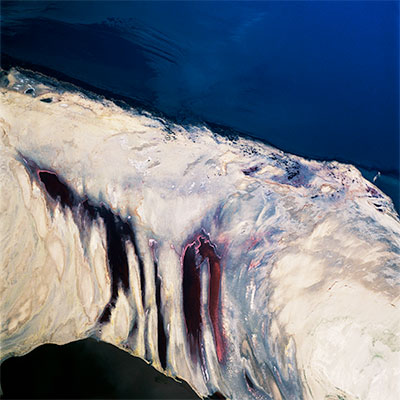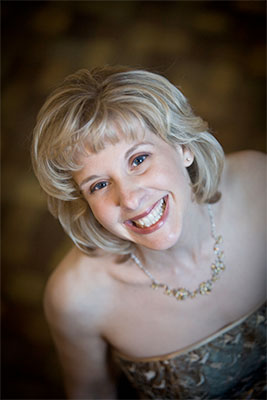 David Maisel, American (b. 1961) "Terminal Mirage 2," 2003 pigment print, 2012, 48 x 48 inches A/P. Image courtesy of the artist © David MaiselExperience art, music, food and refreshments at “Chamber Music @ AEIVA,” a free gallery viewing, reception and concert at the University of Alabama at Birmingham.
David Maisel, American (b. 1961) "Terminal Mirage 2," 2003 pigment print, 2012, 48 x 48 inches A/P. Image courtesy of the artist © David MaiselExperience art, music, food and refreshments at “Chamber Music @ AEIVA,” a free gallery viewing, reception and concert at the University of Alabama at Birmingham.
The UAB College of Arts and Sciences’ Department of Music and Abroms-Engel Institute for the Visual Arts present the event, which connects vocal music of Aaron Copland and others with the AEIVA exhibition “David Maisel/Black Maps: American Landscape and the Apocalyptic Sublime.”
“Chamber Music @ AEIVA” will offer gallery viewing and a reception at 5 p.m., followed by a 30-minute concert at 5:30 p.m., at UAB’s AEIVA, 1221 10th Ave. South.
On the program for the evening are the UAB Chamber Singers, directed by Brian Kittredge, who will perform the music of Randall Thompson, with poetry by Robert Frost, including “The Road Not Taken,” “A Girl’s Garden” and “The Pasture.”
Paul Mosteller, baritone, will sing the music of Copland, including “Simple Gifts,” “The Little Horses,” “At the River,” “Ching-A-Ring Chaw” and “Zion’s Walls.”
 Kristine Hurst-WajszczukKristine Hurst-Wajszczuk, soprano, will sing “Long Time Ago” by Copland, “Litany” by John Musto, folk song “Shenandoah” and “A Route to the Sky” by Jake Heggie. Pianist Chris Steele will accompany the performers.
Kristine Hurst-WajszczukKristine Hurst-Wajszczuk, soprano, will sing “Long Time Ago” by Copland, “Litany” by John Musto, folk song “Shenandoah” and “A Route to the Sky” by Jake Heggie. Pianist Chris Steele will accompany the performers.
AEIVA’s exhibition surveys four chapters of American photographer and visual artist Maisel’s larger ongoing series “Black Maps.” The exhibition features 28 large-scale pigment prints from four series created between 1989 and 2007, including selections from “The Lake Project,” “The Mining Project and American Mine,” “Terminal Mirage,” and “Oblivion.” Curated by AEIVA Director Lisa Tamiris-Becker, the exhibition leads the viewer on a hallucinatory journey through sites in the American West that have been transformed through the physical and environmental effects of industrial-scale water diversion projects, open-pit mineral extraction, human consumption and inhabitation. His work serves as an artistic documentation of the condition of environmental mitigation sites like Owens Lake in California, a natural glacial lake drained in the early 20th century in order to supply water to the city of Los Angeles, and the environmental consequences of mining on landscapes in other parts of the Western United States.
Contact the UAB Department of Music at 205-934-7376 or www.uab.edu/cas/music. Contact AEIVA at 205-975-6436 or www.uab.edu/cas/aeiva.